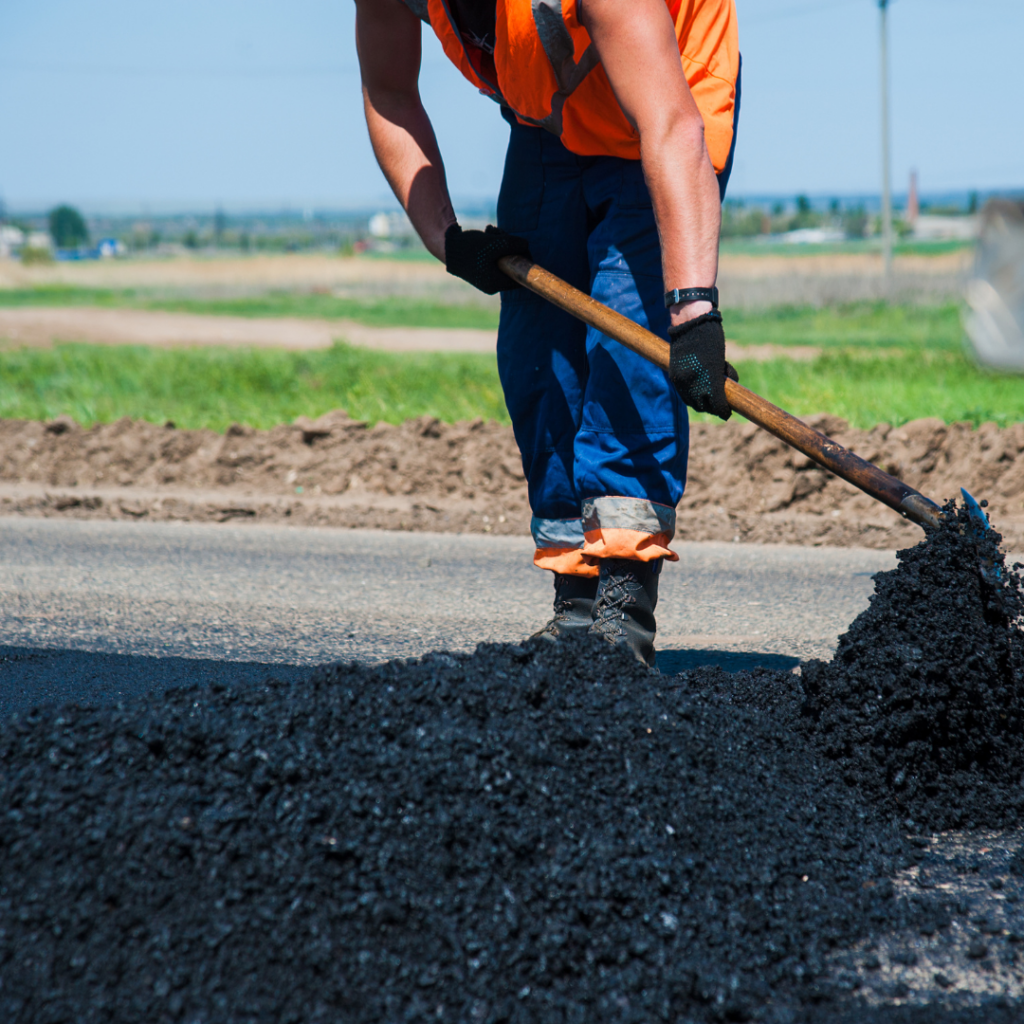Air travel is considered one of the safest modes of transportation, yet injuries and accidents can occur in the air or at airports, sometimes through no fault of the passengers. If you’ve suffered from an airline-related injury, you may feel overwhelmed by the process of seeking compensation and understanding your rights.
Recent cases, like that of Lidija Miliute, who was scalded on a flight and awarded €55,000 in damages, highlight the importance of knowing how to handle airline injury claims. This guide will walk you through the essentials of pursuing compensation under the Montreal Convention and ensure you’re aware of your rights.
Understanding Airline Injuries and Your Rights
Airline injuries span a broad spectrum, from burns caused by hot beverages to incidents such as falling luggage, turbulence-induced injuries, or slips during boarding. These cases often fall under the jurisdiction of the Montreal Convention, an international treaty governing the liability of airlines for passenger injuries during international travel.
What Is the Montreal Convention?
The Montreal Convention unifies rules for international air travel, making airlines liable for passenger injuries caused by accidents. According to the convention, passengers injured during boarding, on the plane, or while disembarking can claim compensation. However, the convention specifically excludes psychological injuries unless they result from a physical injury.
Key aspects of the Montreal Convention include:
- Strict liability for damages under a certain threshold: Airlines are automatically liable up to approximately €150,000 (128,821 Special Drawing Rights).
- Higher claims requiring proof of negligence: For claims exceeding this limit, passengers must prove that the airline’s negligence caused the injury.
- Two-year limitation period: Claims must be filed within two years of the date the aircraft arrived at its destination.
Understanding these rules can significantly impact the success of your claim.
Common Types of Airline Injuries
While catastrophic air accidents are rare, injuries on planes or in airports are more common. Some examples include:
- Burn injuries: Hot beverages served during the flight may spill, as in the Ryanair case where a defective tray table led to severe burns.
- Falling luggage: Overhead compartments can sometimes be improperly secured, resulting in falling items causing injury.
- Turbulence: Sudden or unexpected turbulence can cause passengers to fall or be thrown against objects.
- Slips and trips: Wet aisles, uneven surfaces, or improper maintenance on board or at the airport can lead to injuries.
If you’ve faced an injury similar to these, you may be entitled to compensation.
What Compensation Covers in Airline Injury Claims
Airline injury claims can cover a range of damages, including but not limited to:
- Medical Expenses: Costs of immediate and long-term treatment following the injury.
- Loss of Earnings: Compensation if the injury caused you to miss work or lose income.
- Pain and Suffering: Damages for the physical and emotional impact of the injury.
- Travel Costs: Reimbursement for any additional travel expenses incurred because of the incident.
- Future Care Costs: For ongoing medical or rehabilitative care required due to the injury.
Each case is unique, and the compensation awarded will depend on the severity of the injury and its long-term impact.
Steps to Take If You’re Injured During Air Travel
If you have been injured on a flight, it’s critical to follow these steps to strengthen your case for compensation.
1. Report the Incident Immediately
Inform cabin crew or airport staff about the incident right away. Ensure an accident report is filed and document any actions taken by the airline, such as offering medical assistance.
2. Gather Evidence
- Take photos of the accident site, your injuries, or defective equipment (e.g., a broken tray table).
- Collect contact details of witnesses who can corroborate the incident.
3. Seek Medical Attention
Even if injuries initially appear minor, they could worsen later. Seek medical treatment as soon as possible and keep records of all consultations, diagnoses, and treatments.
4. Maintain Documentation
Save all relevant documents, including tickets, receipts for medical and travel expenses, and correspondence with the airline.
5. Consult an Experienced Solicitor
A qualified personal injury solicitor familiar with airline cases will guide you through the legal process. They will help gather evidence, file your claim, and negotiate with the airline if necessary.
Filing an Airline Injury Claim
Airline injury claims differ from other personal injury claims as they are subject to international regulations. A claim must show that the injury was caused by an “accident” as defined by the Montreal Convention—an unexpected event external to the passenger.
Once liability is established, the process proceeds as follows:
- Consult with a solicitor to assess the validity of your claim.
- File your claim directly with the airline or in court, depending on the circumstances.
- Provide all evidence and documentation supporting your claim.
It’s important to act swiftly, as the two-year limitation period begins from the date the aircraft reaches its final destination.
Why Choose HOMS Assist?
Handling an airline injury claim can be complex, and ensuring success requires the expertise of a knowledgeable legal team. At HOMS Assist, we specialise in personal injury law and have over 50 years of experience securing fair outcomes for our clients.
We combine professionalism with a compassionate approach, providing personalised advice and support during what can be a challenging time. By choosing us to represent you, we will ensure that your case is handled efficiently and your rights are protected throughout the process.
How We Can Help
- Expert Advice: We’ll review your case to determine its strength and offer tailored recommendations.
- Complete Process Management: We take care of evidence gathering, legal documentation, and negotiations on your behalf.
- Nationwide Service: With offices in Dublin, Limerick, and Cork, we offer support wherever you are in Ireland.
Take the First Step Towards Justice
Navigating the legal system after an airline injury can feel daunting, but support is at hand. With the guidance of experienced personal injury solicitors, you can ensure your rights are upheld and secure the compensation you deserve.
If you’ve suffered an airline injury, contact HOMS Assist today for expert legal advice. Our dedicated team will help you find the best path forward so you can focus on your recovery with peace of mind.
Call us on 1800 207 207 or fill out our online contact form today.









